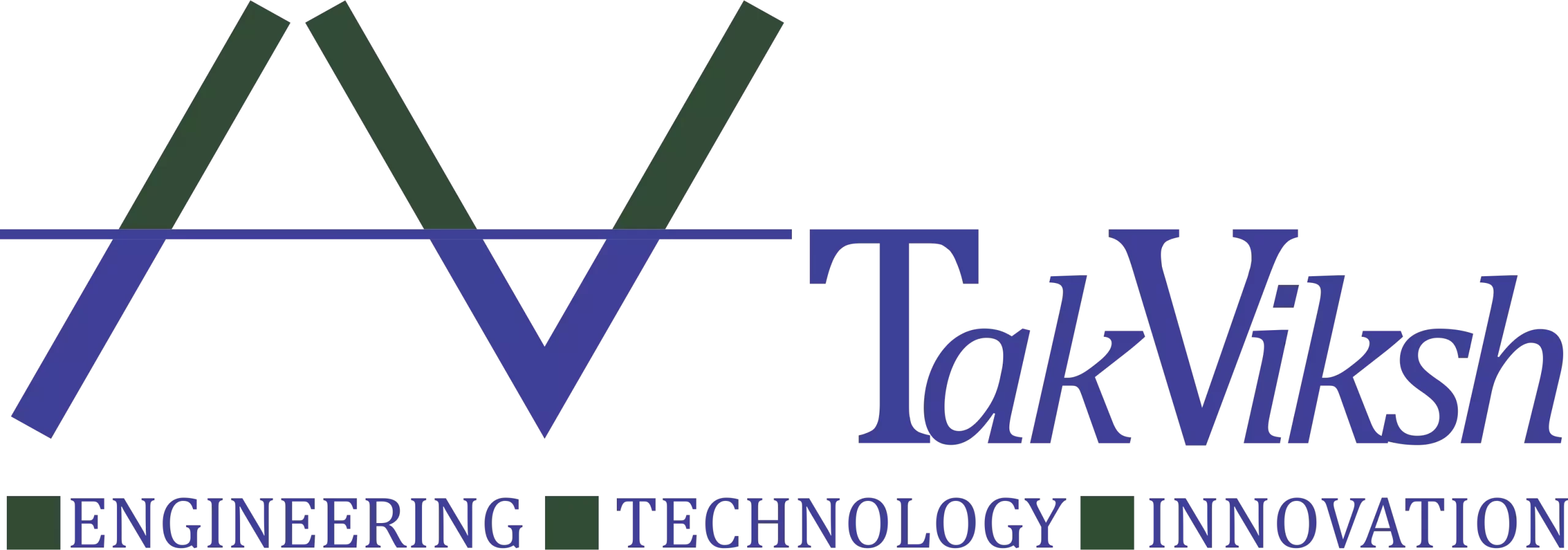Unlocking Success in Engineering Procurement & Construction (EPC)
The current industrial environment requires innovative methods to manage project complexity and scale. Engineering, Procurement, and Construction (EPC) is a comprehensive model that has transformed the approach to project delivery. By unifying engineering design, procurement, and construction, this approach ensures efficient execution, timely delivery, and cost-effectiveness.
In today’s competitive market, engineering procurement companies are at the forefront of driving efficiency and innovation. These companies offer turnkey solutions, making them essential for industries – oil and gas, power, infrastructure, and petrochemicals.
This blog delves into the essence of Engineering Procurement Construction (EPC), explores its phases, addresses challenges, and highlights strategies for success.
What is Engineering Procurement & Construction (EPC)?
Defining the EPC Model
Engineering Procurement and Construction (EPC) is a project delivery model where a single entity is responsible for the design, procurement of materials, and construction projects. This end-to-end approach ensures streamlined processes and accountability, making it highly effective for industrial projects.
The EPC model is particularly beneficial for large-scale projects where precision, timeliness, and cost control are critical. Engineering procurement companies act as the primary point of contact for all related activities. Ensuring effective coordination of all aspects of the project.
Key Benefits of the EPC Approach
The popularity of the engineering procurement construction model lies in its numerous advantages, including:
- Single Point Accountability: With one entity managing the entire project, there’s less risk of miscommunication or delays.
- Cost Efficiency: Clear budgets and timelines reduce the risk of cost overruns.
- Timely Delivery: Integrated planning ensures milestones are met efficiently.
- Customization: Tailored solutions meet the specific needs of the project.
The Role of Engineering Procurement Companies
Engineering procurement companies play a pivotal role in EPC projects by leveraging their expertise in engineering design, vendor selection, and on-site management. Their ability to integrate technology and adopt best practices ensures high-quality outcomes for complex industrial projects.
Core Phases of EPC Projects
Initial Feasibility Studies and Planning
The first step in any successful engineering procurement construction project is thorough feasibility studies and planning. This phase includes:
- Site analysis: Assessing environmental, logistical, and technical factors.
- Budget estimation: Establishing a clear financial roadmap.
- Regulatory compliance: Ensuring adherence to local and international standards.
Comprehensive planning sets the foundation for seamless execution, reducing risks and uncertainties.
Comprehensive Procurement Strategies
The procurement phase is crucial for sourcing high-quality materials and equipment at competitive prices. Engineering procurement companies focus on:
- Vendor selection: Partnering with reliable suppliers.
- Negotiations: Securing favorable terms to optimize costs.
- Supply chain management: Ensuring timely delivery of materials.
Effective Construction Management
The construction phase is where the blueprint becomes reality. Effective engineering procurement and construction practices involve:
- Strict adherence to safety protocols.
- Real-time monitoring to ensure progress aligns with the timeline.
- Quality checks at every stage to meet project standards.
Challenges Faced by EPC Construction Companies
Despite its advantages, EPC construction companies face several challenges during project execution.
Budget and Cost Management
Cost overruns can derail even the most meticulously planned projects. Challenges include fluctuating material prices, unforeseen site conditions, and mismanaged resources. Engineering procurement companies must employ robust cost-control mechanisms to mitigate such risks.
Timeline Constraints
Strict deadlines can be difficult to achieve, especially in large-scale projects with multiple stakeholders. Clear communication, effective resource allocation, and contingency planning are critical to overcoming this challenge.
Quality and Safety Assurance
Maintaining high-quality standards while ensuring worker safety is paramount. EPC construction companies must adhere to rigorous safety protocols and conduct regular audits to minimize risks.
Best Practices for Successful EPC Implementation
Importance of Clear Contract Management
A well-defined contract ensures all stakeholders are aligned with project goals, timelines, and budgets. Engineering procurement companies emphasize detailed documentation and regular updates to prevent disputes and delays.
Utilizing Advanced Technology and Automation
Technology is transforming the engineering procurement and construction sector. Tools such as Building Information Modeling (BIM), project management software, and automation streamline processes, improve accuracy, and reduce costs.
Leveraging Strong Project Management Practices
Effective project management is the cornerstone of EPC success. This includes:
- Regular progress reviews.
- Transparent communication with stakeholders.
- Risk management strategies to handle unforeseen challenges.
Conclusion
The engineering procurement construction model is redefining how industrial projects are executed, offering unparalleled efficiency, innovation, and sustainability. By adopting best practices, overcoming challenges, and embracing future trends, businesses can unlock the full potential of EPC.
For industries looking to stay competitive, partnering with expert engineering procurement companies ensures seamless execution and long-term success.







Recent Comments